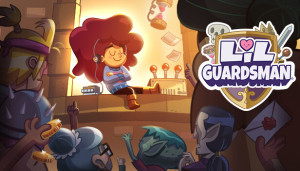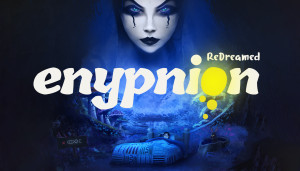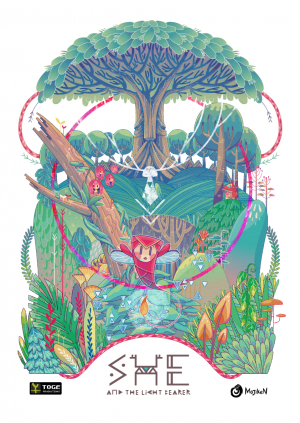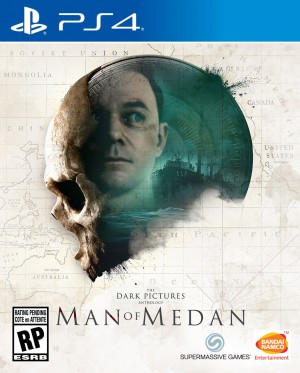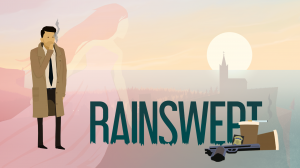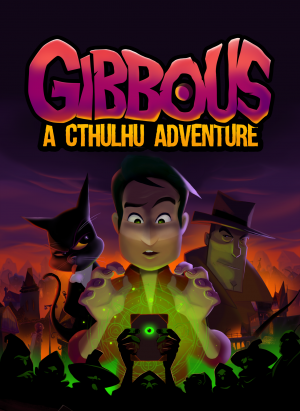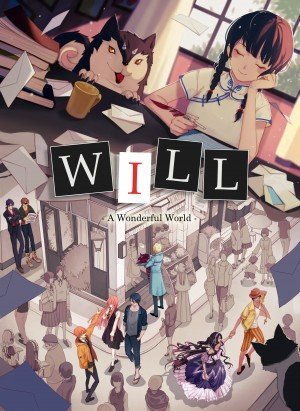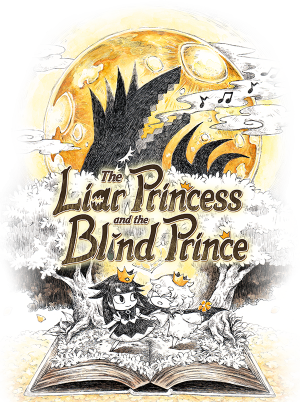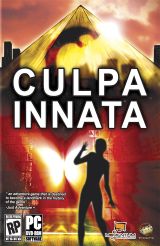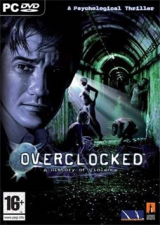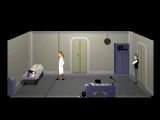Gerda: A Flame in Winter Hands-on preview
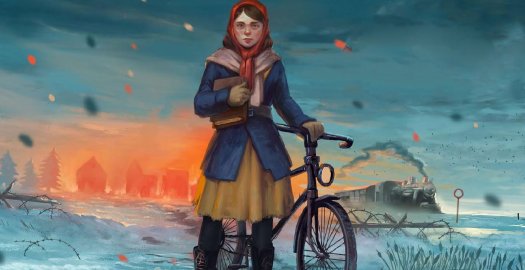
Game information
Players of this game, also enjoyed these adventure games
Known for acclaimed titles such as Life is Strange, Twin Mirror and Tell Me Why, Dontnod's latest title might be one you wouldn't have expected. Gerda: A Flame in Winter is published by Dontnod and developed by studio PortaPlay. This likely explains the very different graphical style than that which you're used to seeing from Dontnod, as the game doesn't contain real-time 3D animations but has a more impressionistic art design. It almost feels as though you are experiencing the narrative through a series of still life paintings, and this portrayal lends itself well to the tale being told.
The story revolves around our main protagonist Gerda, a Danish citizen whose quiet life is turned upside down as her village is occupied during World War II by the Nazis. I've played an initial two-hour preview of Gerda: A Flame in Winter. As you enter the game you immediately notice the melodic music that sets the scene, a classical score reminiscent of that period of time, provoking a sentimental emotional response. I didn't hear music throughout the entire game, but it frequently served to enhance the game's atmosphere.
Our story starts in Denmark in December 1939, shortly before the war, when you (Gerda) arrive at a train station. The gameplay is explained as part of the narrative, using a method that is suitable and non-intrusive. Overall the controls are quite simple, either using a keyboard or mouse (or both) and you'll encounter interactive items which are clearly indicated as such. During my playthrough of this preview I switched to using the mouse only, as the keyboard controls didn't feel very intuitive. At the start of the game, you are immediately presented with some heated exchanges and difficult choices before jumping into a cutscene that shows how the war evolved. As that ends, you find yourself in a time period close to the end of the war (February 1945), and it's here that the rest of the game takes place.
__large.png)
Gerda: A Flame in Winter can best be described as an interactive narrative, in which some of the later story elements and choices you make are influenced by choices you've previously made. Although this in itself isn't unique, the addition of some RPG elements results in the ability to use certain points you've gathered during the day as part of your narrative choices. You'll acquire points for "Compassion", "Insight" and "Wits" and, if you have enough points, certain dialog options unlock that influence the outcome in meaningful ways. Furthermore, there's the addition of dialog options with a set of dice for an occasional 'chance roll'. The roll of the dice influences the story in unique ways: if you win, the result is as you intended; but if you lose the throw, there can be negative consequences.
Another key element is your relationship with other characters. You’ll be presented with many situations in which you can influence your Danish neighbors or the Nazi occupiers. The relationship points you build up (or cause to decrease) will have a big impact on how the story evolves. For instance, the reputation you build has a direct influence on your ability to persuade people later in the game. There are tough choices at times and your decisions early on influence the later outcomes.
__large.png)
As someone who certainly enjoys playing RPGs, I found the addition of the three elements described above to be intriguing. I noticed that, while playing this interactive story, I started thinking about my choices in a different manner than I would typically. An example: at the start of the game, as you arrive at the train station, your father and your (then) boyfriend are waiting for you. They both offer to carry your suitcase, and clearly only one of them can carry it. What do you decide? Though the choice seems minor, it still increases the trust one person has in you while decreasing the other's sense of trust. These small decisions can lead to a larger impact later on. In this particular case, you are also first introduced to the concept of the dice, so you can utilize a "chance roll" to help recover some of that trust.
When seeing someone stealing painkillers, do you rat him out and get him to give back all the painkillers, or do you return just a few and keep the rest? If someone asks you for the painkillers, do you act compassionately for those in need at the moment, or do you tell a lie and insist the pills have already been consumed? What meaningful impact will that have later down the line in the story? Or, while at the Market, do you give your ration stamps to someone in need, or do you keep them to trade with smugglers for supplies? There are lots of moral choices, and you begin to realize you cannot help everyone.
Cutscenes take the shape of a photo album, which sets the stage well. As Gerda recounts the backstory of how events eventually led to the present day (1945), these cutscenes increase immersion and feature great voice acting. At the end of each day, you receive a short summary of what happened in your Diary. As a player, you’ll be able to make an additional decision as to how you ‘felt’ about the day, which will give you a point in Compassion, Insight, or Wit that you can use later on during dialogs. This makes playing the game much more strategic and enhances the RPG-lite aspects.
__large.png)
Later on, at a crucial point in the narrative, you notice the impact of your choices and how they have a powerful effect on your own life. By assisting a casual acquaintance early on, you might not be able to help a friend you truly care about at a key moment. By being compassionate, you can make decisions that hurt your own family down the line. This really makes you examine your choices going forward in a different light: in war, a normal perspective might not always be the wisest. Before you know it, you pivot from being a nurse trying to live an ordinary life, to being part of something massive, making very different decisions for the benefit of an entire community.
Overall this two-hour playthrough left me intrigued and excited to experience the full game. The story certainly drew me in, and as the tale progressed I noticed that the choices I made were much more impactful and sometimes departed quite a bit from my natural inclinations. The concept of making choices during a war and having to incorporate that into your decision-making is extremely compelling, and a striking contrast to making decisions with a typical 'day-to-day' mindset.
Gerda: A Flame in Winter is set to be released on the 1st of September for PC (Steam) and Nintendo Switch.



